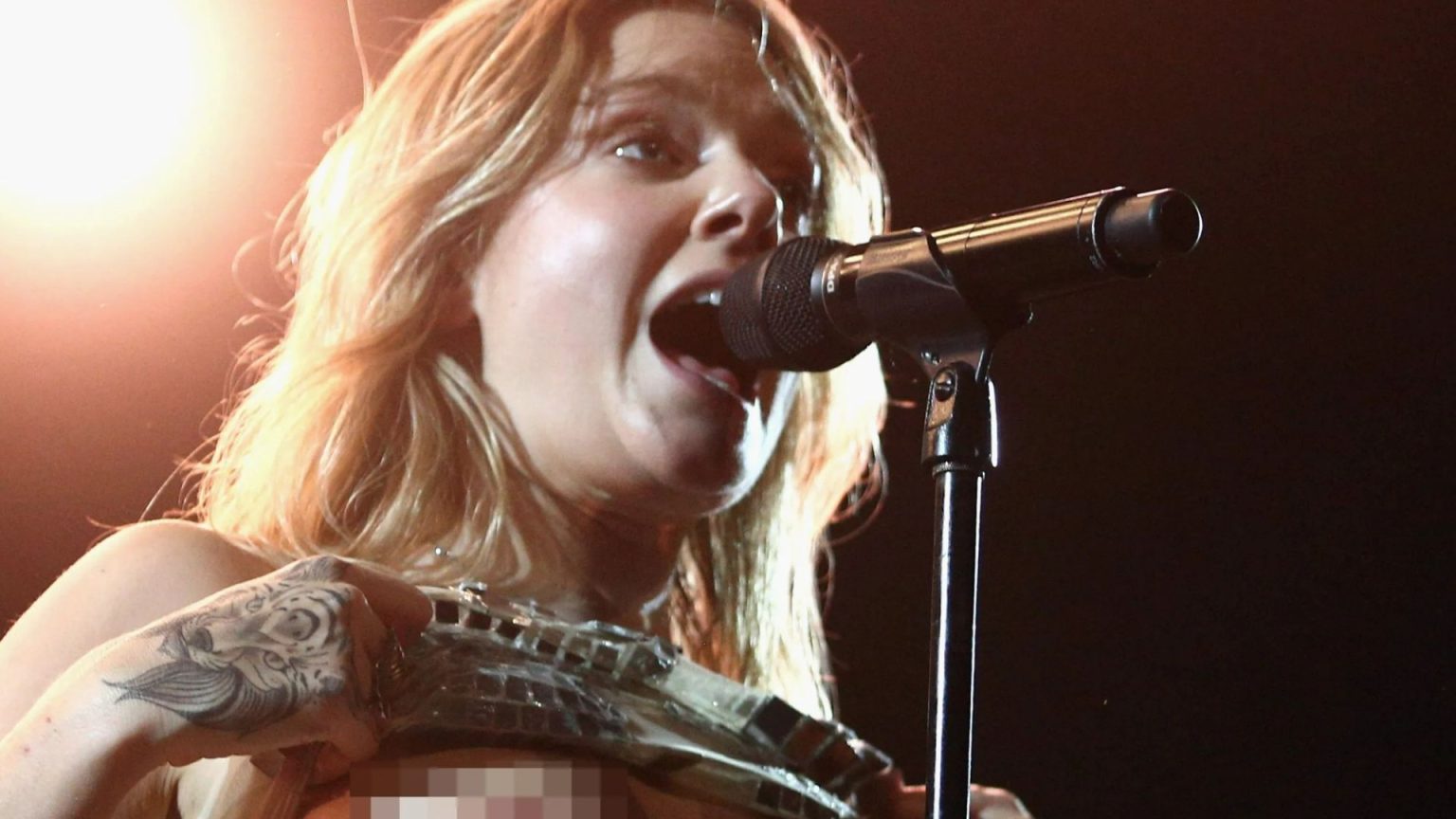Sabrina Carpenter, the 25-year-old pop star, has sparked controversy with her revealing stage outfits, drawing criticism from music industry veterans like Stock, Aitken, and Waterman. These critics argue that her attire, which they deem overly sexualized, is a step backward for women’s rights, given the progress made in protecting them. They contend that Carpenter’s talent is overshadowed by her provocative image, suggesting she resorts to skimpy clothing to drive traffic to her online platforms. This critique, however, fails to acknowledge that Carpenter’s approach is not unique; she follows in the footsteps of numerous female artists who have utilized sexuality to enhance their careers. While Carpenter’s performances include suggestive acts and revealing attire, they are part of a long-standing tradition in the music industry.
A prime example is Katy Perry, who underwent a significant image transformation with her seventh album release. Known for a relatively family-friendly persona throughout her career, Perry embraced a more overtly sexual presentation during her 2024 VMAs performance. Her duet with Doechii, featuring provocative choreography and simulated lesbian sex acts, shocked some viewers and generated criticism on social media. Similarly, Rihanna, recognized as the best-selling female artist of the 21st century, has frequently incorporated controversial elements into her performances. Her music video for “S&M,” banned in several countries due to its explicit content, and her on-stage simulated sex acts with fans, including a 60-year-old man, sparked debate and captured headlines.
Tove Lo, a Swedish singer, has also made headlines with her provocative stage presence. Known for flashing her breasts during performances and wearing a nude bodysuit with strategically placed fake nipples, Tove Lo challenges conventional notions of female performance and embraces her sexuality openly. She argues that she should not be restricted in her self-expression based on her gender and encourages reciprocal displays of liberation from her audience. Miley Cyrus, during her “Bangerz” era, infamously engaged in explicit simulated sex acts on stage, including riding an inflatable penis and interacting suggestively with blow-up dolls. Her controversial VMA performance with Robin Thicke, featuring twerking and suggestive gestures, further solidified her image as a provocative artist. While Cyrus has since expressed regret and guilt over some of her past actions, she continues to embrace her sexuality in a more toned-down manner.
Cardi B, known for her explicit lyrics and sexually charged performances, notably pushed boundaries with her collaboration with Megan Thee Stallion on the song “WAP.” The music video, featuring simulated sex acts and provocative choreography, sparked both outrage and praise, with some celebrating its sex-positive message and female empowerment. The song achieved historic status as the most sexually explicit to top the US charts. Cardi B continues to embrace revealing attire and provocative performances in her subsequent music videos. Madonna, a longtime provocateur, continues to challenge societal norms with her performances. During her Madame X tour, she simulated a sex act on stage, shocking some audience members. She defended her actions, asserting women’s autonomy over their bodies, and later engaged in a similarly provocative performance with rapper Tokischa. Madonna’s consistent use of revealing outfits and suggestive choreography reaffirms her commitment to pushing boundaries and exploring themes of sexuality in her work.
Nicki Minaj, known for her sexually explicit lyrics and bold stage presence, has also courted controversy throughout her career. From bringing sex toys on stage to performing suggestive dances, Minaj embraces a sexually liberated persona. Her hit song “Anaconda,” with its provocative twerking and suggestive imagery, further cemented her image as a fearless artist. Despite criticisms, Minaj’s embrace of sexuality has not hindered her success, and she remains one of the wealthiest rappers in the world. Christina Aguilera, like many of her contemporaries, has leveraged sexuality to build her career. Her provocative image, characterized by revealing outfits and suggestive dance routines, played a significant role in the success of her album “Stripped,” one of the best-selling albums of the 21st century. Aguilera has consistently championed sexual liberation and body positivity, emphasizing women’s ownership of their sexuality and prioritization of their pleasure.
In conclusion, while Sabrina Carpenter’s stage presence may be controversial, it is essential to place it within the historical context of female performers who have used sexuality as a tool for self-expression and career advancement. From Katy Perry’s VMAs performance to Rihanna’s explicit music videos, from Tove Lo’s public nudity to Miley Cyrus’s controversial stage antics, from Cardi B’s explicit lyrics to Madonna’s boundary-pushing performances, and from Nicki Minaj’s suggestive choreography to Christina Aguilera’s overtly sexual persona, these artists collectively demonstrate a long-standing tradition of female performers challenging societal norms and embracing their sexuality through their work. Carpenter’s approach, though criticized by some, is not an anomaly; it is a continuation of this lineage, prompting ongoing discussions about the intersection of female sexuality, artistic expression, and the entertainment industry.




